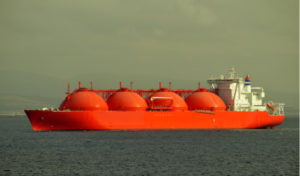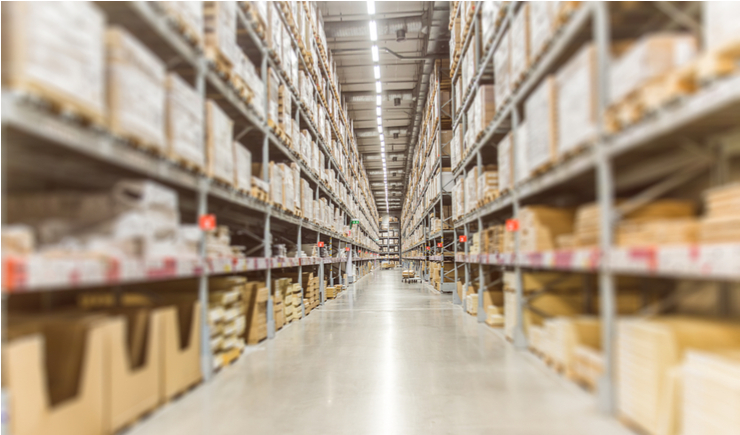
Can Europeans simply conserve their way to energy independence from Russian supplies? Pierre Andurand suggests that is the case, writing for the Financial Times:
Russia has historically supplied about 30 per cent of the EU and UK’s gas consumption by pipeline. Those exports have already been cut by 75 per cent. If Moscow stops them entirely, will Europeans freeze to death in the winter, as Russian propagandists have been warning?
Almost certainly not. In fact, it looks as though Europeans have a great deal more capacity in managing the situation than the fearmongers thought.
Much of European gas demand comes from heating. If Europeans just lower thermostats in their homes by an average of 3C — down to 19C this winter — that could make a big difference.
The International Energy Agency estimated in a March report that a 1C move lower in average thermostat levels from 22C in the winter would save 10bn cubic metres of gas in EU and UK demand.
But let’s look at the impact of a 3C reduction by focusing on a group of nine European countries for which data are the most detailed: Germany, the UK, France, Italy, Belgium, Netherlands, Austria, the Czech Republic and Slovakia. In 2021, this EU+ group represented 69 per cent of EU and UK demand.
Rising imports of liquefied natural gas and a switch by industry to using more oil have reduced much of the 2023 deficit caused by the loss of Russian imports.
A reduction to an average of 19C would solve two-thirds of the remaining deficit for these nine countries. And if accompanied by a 5 per cent cut in power usage — which could be achieved by switching it off in unused rooms and buildings — the deficit would disappear.
How uncomfortable would a 3C lowering of indoor temperature be? It would only involve reducing current temperatures of 22C to levels already experienced in recent history.
A 1982 study found the average indoor temperature in the UK was about 16C in 1978. A 1996 study from the UK Department for the Environment, Transport and the Regions found indoor temperatures hovered at about 18C in the winter. Therefore, 19C is not a very high price to pay given what is at stake with Russia’s behaviour.
Furthermore, this inconvenience would have to last only a couple of years, as Europe attracts more of a growing LNG supply while increasing solar and wind power generation.
Read more here.



